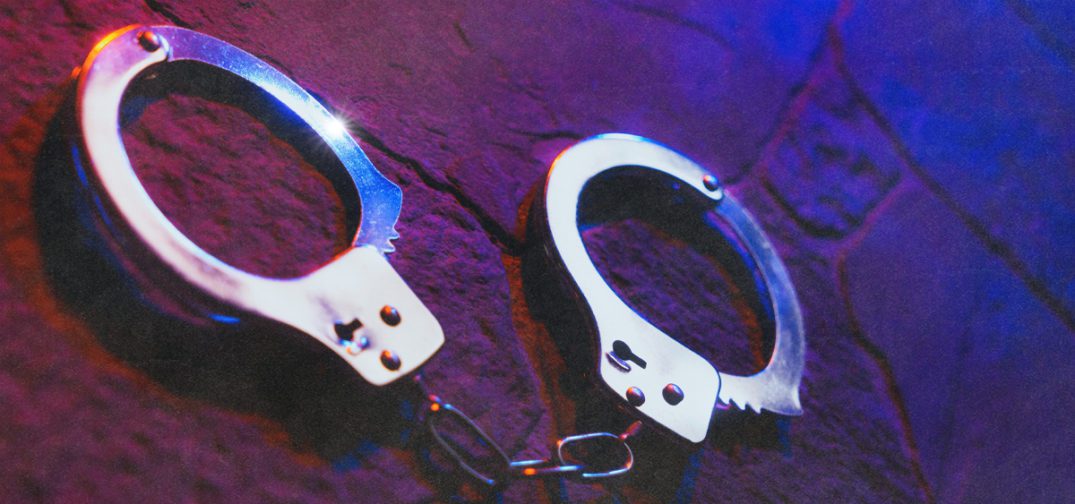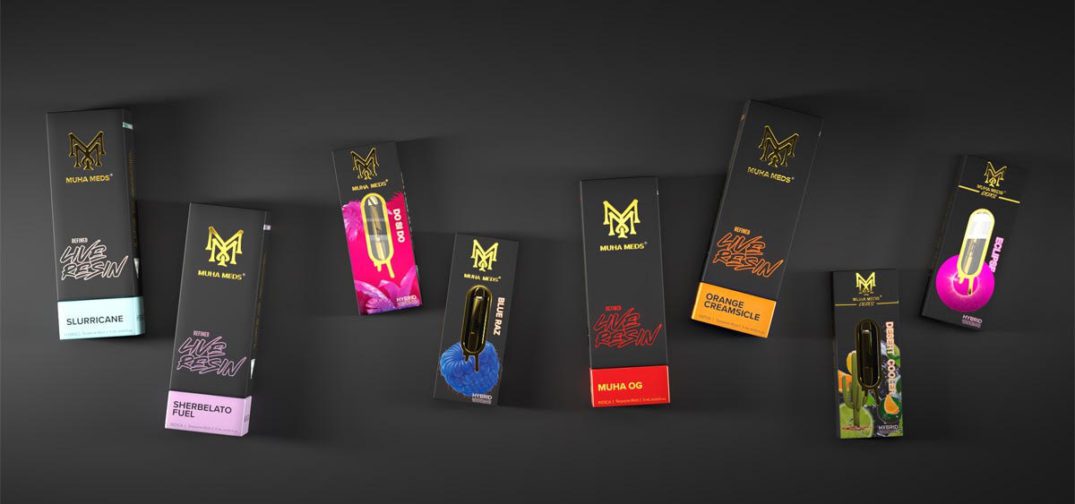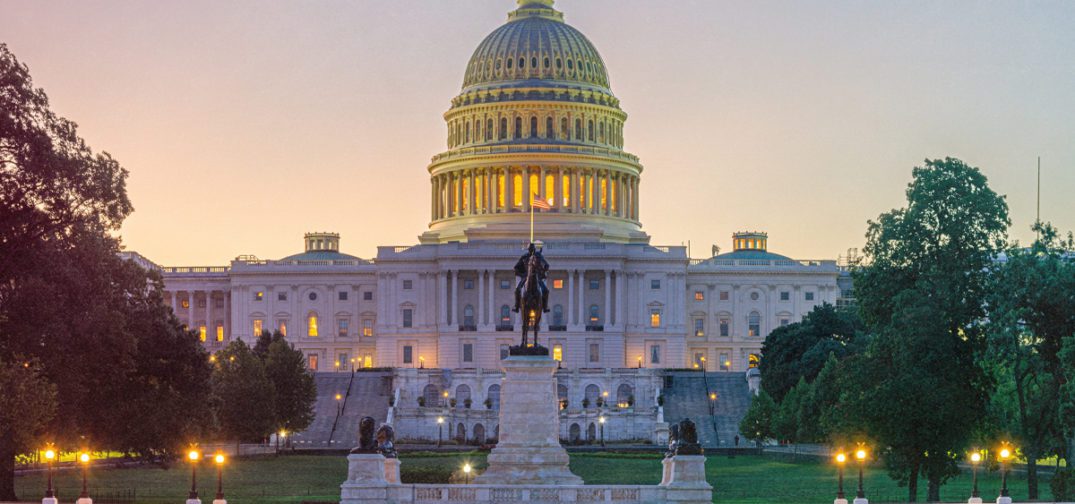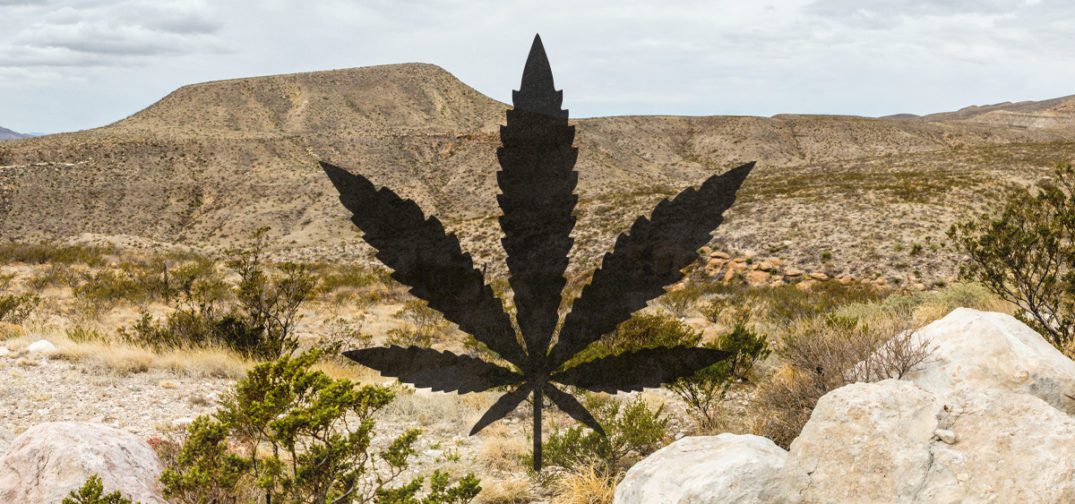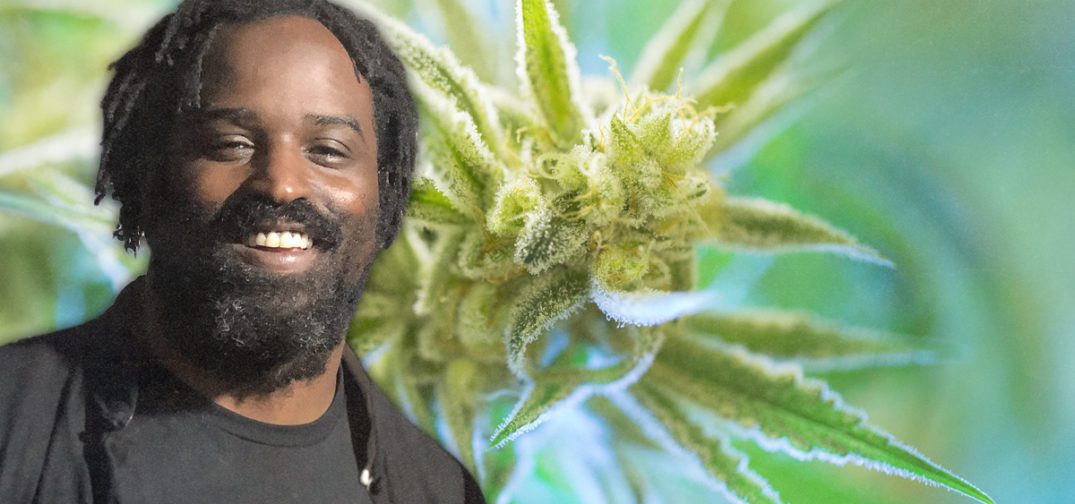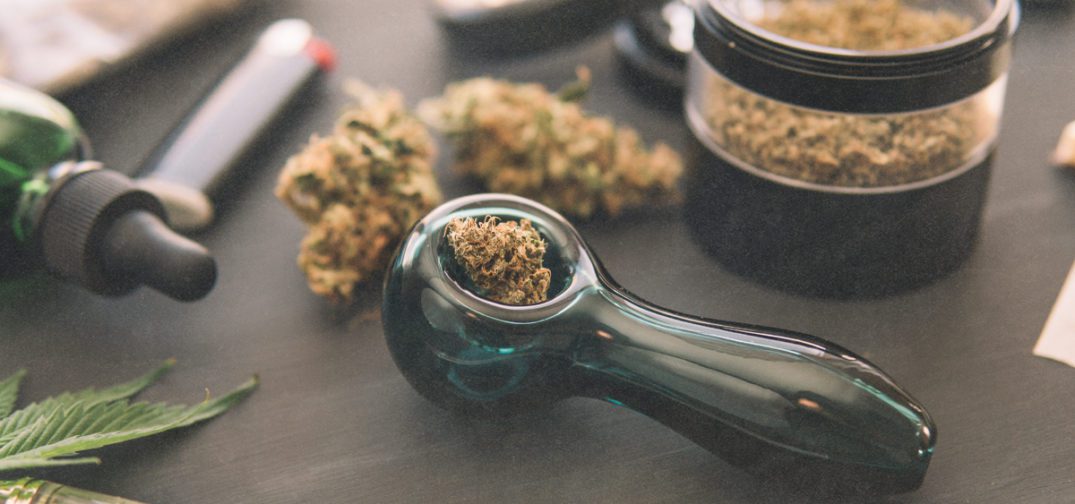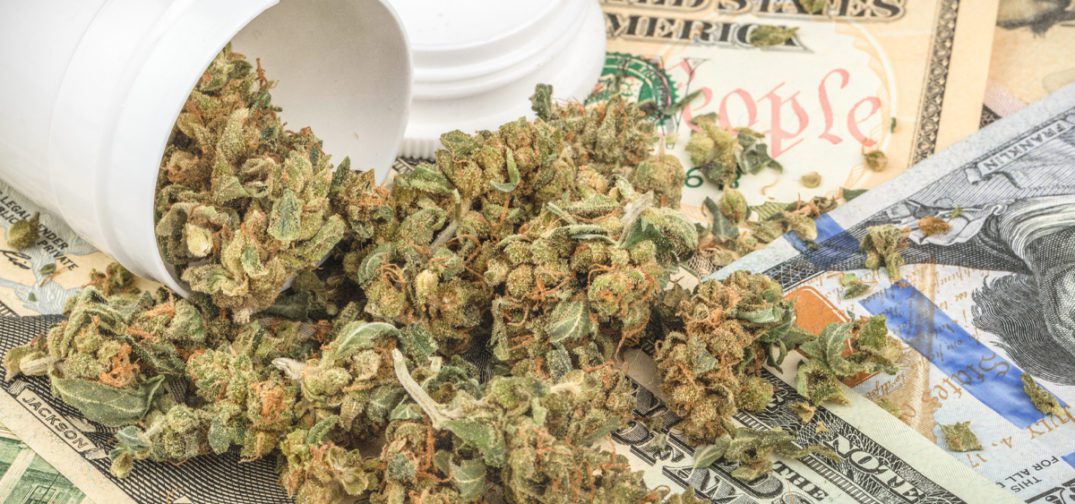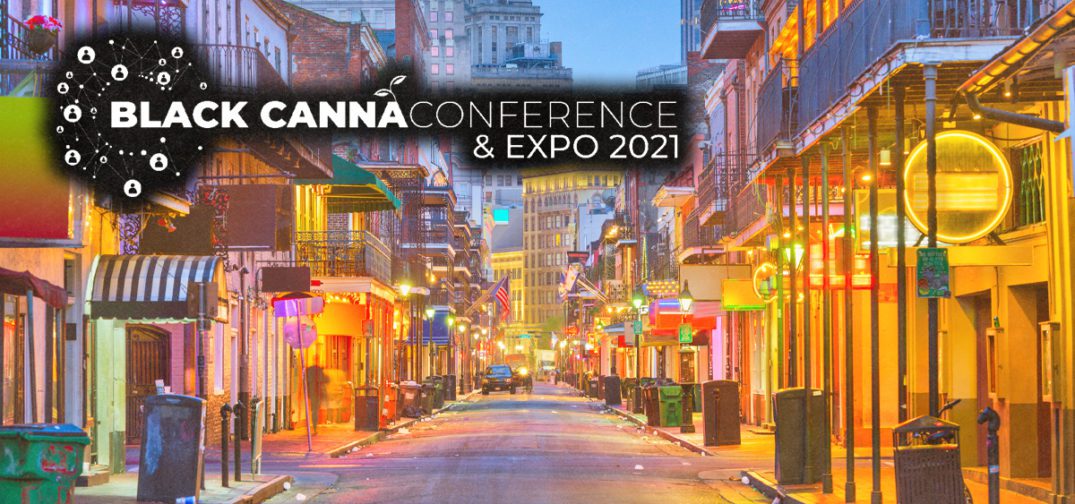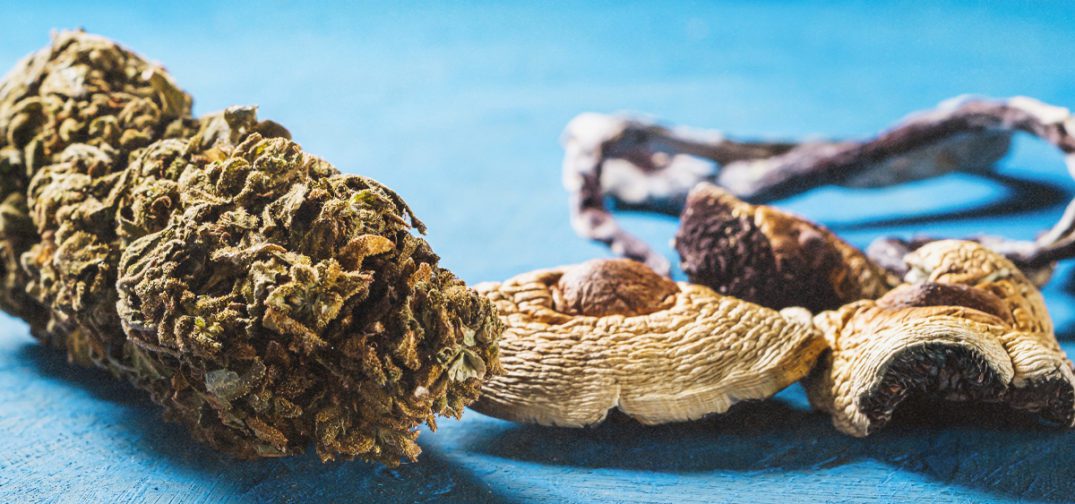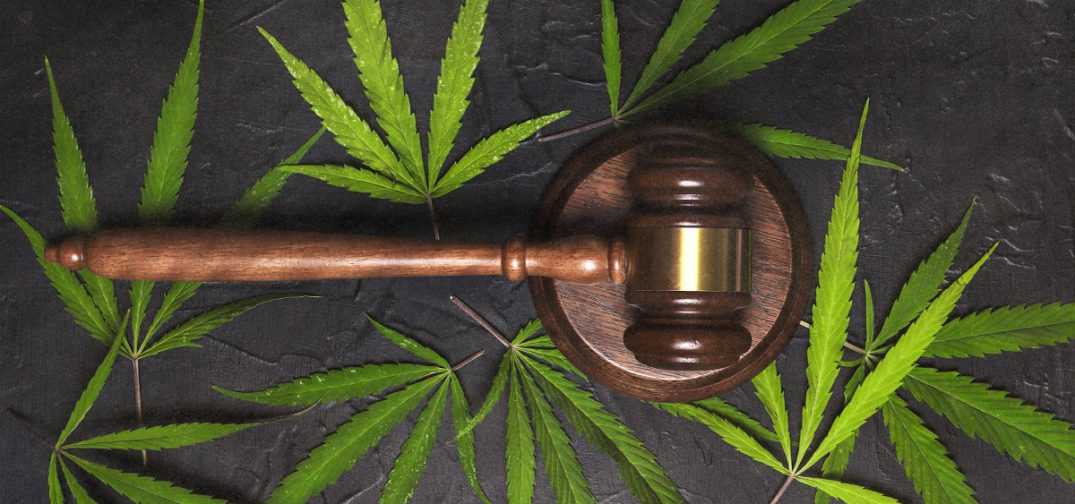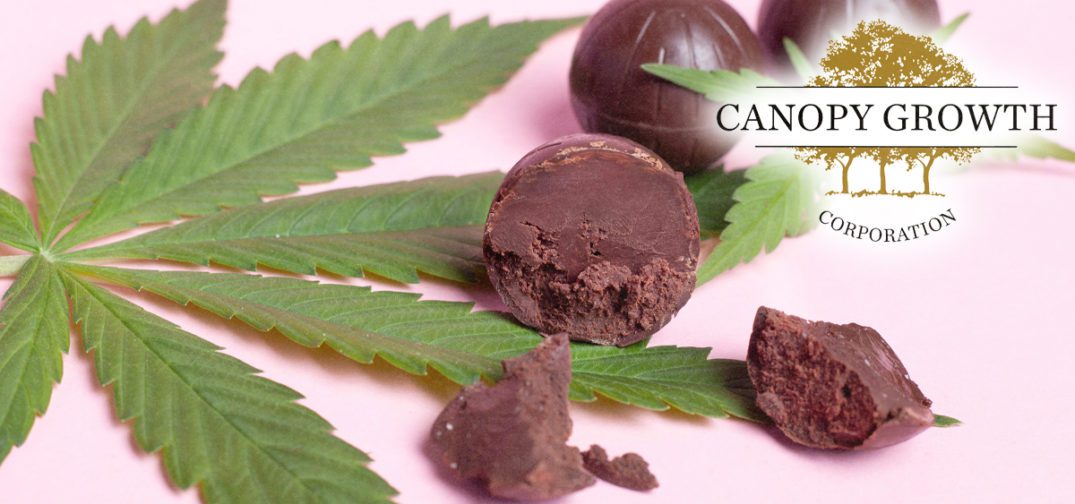The owner of a Massachusetts cannabis delivery company on Tuesday was sentenced in federal court to four years in prison for tax evasion, money laundering, and cannabis distribution and possession. Deana Martin owned and managed Northern Herb and pleaded guilty to the charges in May.
Northern Herb purported to provide medical cannabis to registered patients, who placed their orders online, but the company didn’t ask those it delivered to for proof that they were registered with the Massachusetts medical cannabis program.
Martin’s co-defendant, Tatiana Fridkes, was sentenced in September to time served after she pleaded guilty to conspiracy to distribute cannabis. Fridkes was also sentenced to two years of supervised release and ordered to pay restitution of $82,000. Martin was also ordered to pay $528,146 in restitution and three years of supervised release once freed from prison.
According to a press release from the U.S. Attorney’s Office in Massachusetts, from May 2016 through July 2018, Northern Herb’s revenue exceeded $14 million, and the company did not withhold or pay taxes on its millions of dollars in cannabis sales and did not pay taxes on its profits. Much of the cash collected by Northern Herb from customers was used to pay its suppliers and its workers and in paying cash wages, Northern Herb did not withhold, remit, or pay any payroll or income taxes, including not reporting worker wages to the Internal Revenue Service (IRS), nor issuing W-2s or 1099s to its workers. The company employed at least 25 people.
Federal Authorities also said Northern Herb delivered cannabis to unattended locations (such as a front door or hallway) where unknown third parties could have accessed it.
End
